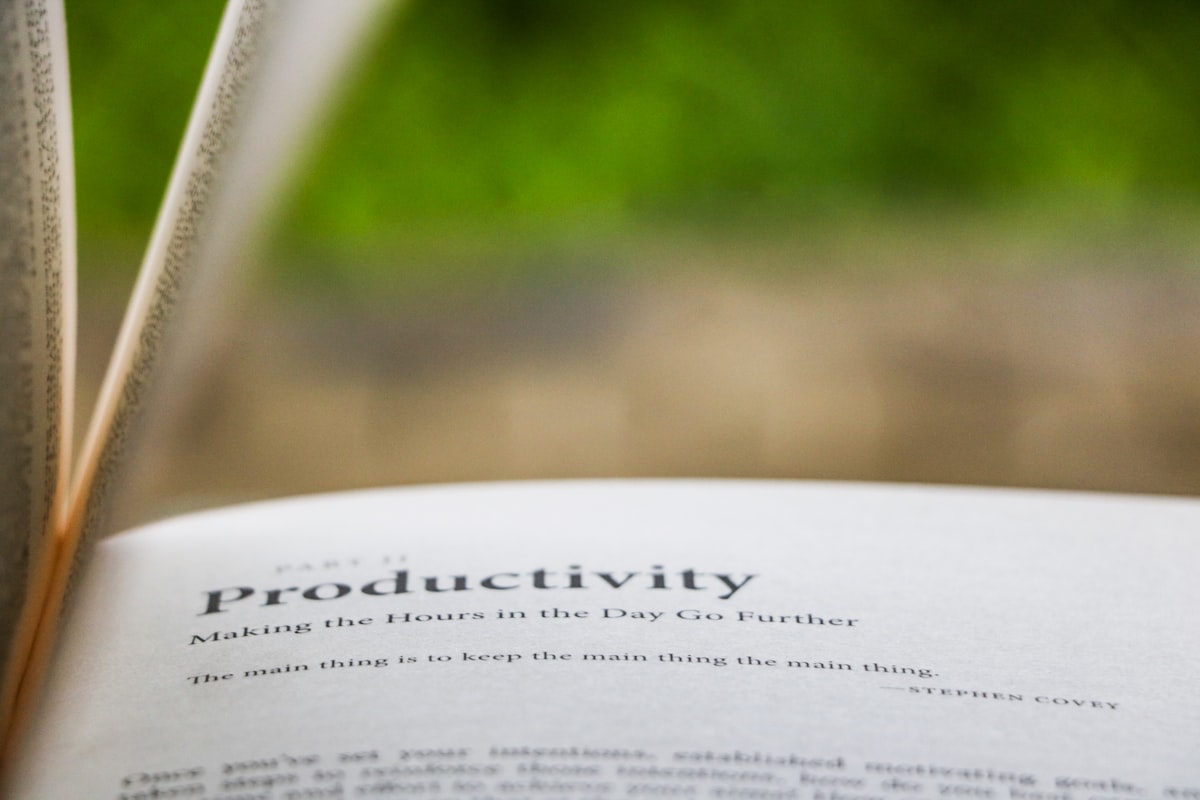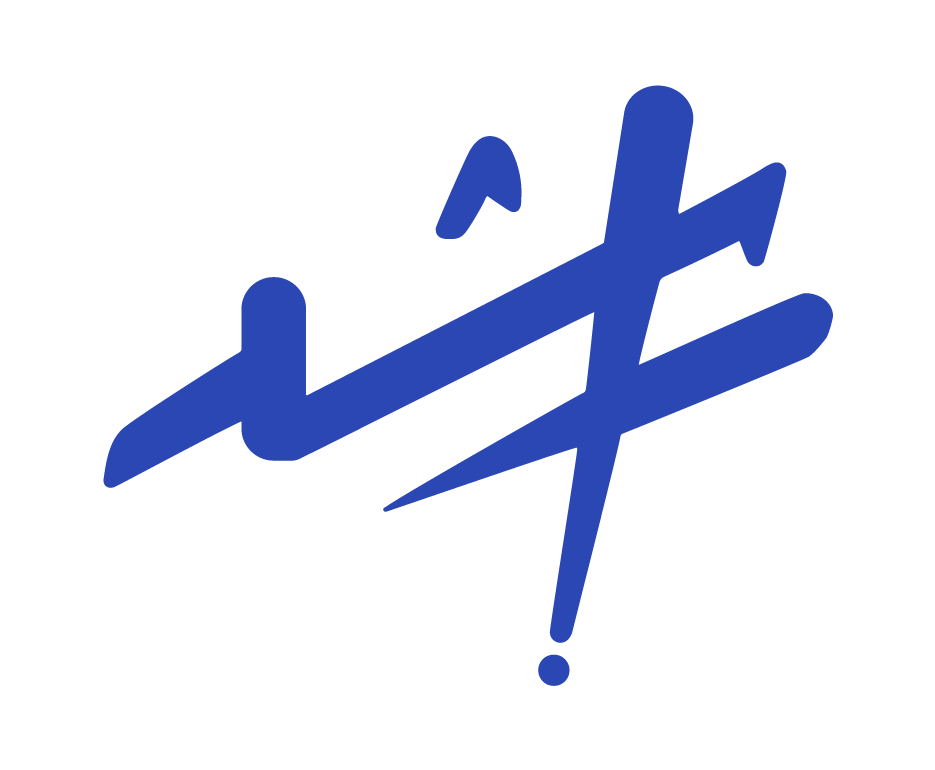How to Organise your Workflow to Maximise Productivity

A Skillshare course from Ali Abdaal
[The main message] You must split your time between a Pilot, a Plane, and an Engineer.
- The Pilot: almost 10% of the time, mainly in the morning, to plan the day and the destination ahead.
- The Plane: autopilot almost 85% of the whole day to fly.
- The Engineer: 5% of the time to adjust the system and make sure everything works as expected in the plane and for the pilot.
The Horizon of Focus
💡
Get Things Done (The horizon of Focus )
The Near-Term Horizon: This includes tasks and projects that must be completed in the next week. This is the most immediate focus and includes tasks that need to be done soon and those already in progress.
The Mid-Term Horizon: This includes tasks and projects that need to be completed in the next month or two. These tasks and projects may not be urgent, but they are important and require some planning and preparation.
The Far-Term Horizon: This includes tasks and projects that need to be completed in the future, such as in the next six months or years. These tasks and projects may not require immediate attention, but they should be considered and planned for as part of an individual's overall strategy and goals.
The Near-Term Horizon: This includes tasks and projects that must be completed in the next week. This is the most immediate focus and includes tasks that need to be done soon and those already in progress.
The Mid-Term Horizon: This includes tasks and projects that need to be completed in the next month or two. These tasks and projects may not be urgent, but they are important and require some planning and preparation.
The Far-Term Horizon: This includes tasks and projects that need to be completed in the future, such as in the next six months or years. These tasks and projects may not require immediate attention, but they should be considered and planned for as part of an individual's overall strategy and goals.
- Calendars and actions
- Projects (more than one action)
- Areas of focus and responsibilities
- Goals and general objectives
- 3 to 5 years of vision
- Principles and purpose
Don't say I don't have time to do X; instead, say I choose not to make time to do X
The Pilot
What do you need?
- Calendar
- Todo list
💡
1 Large, 3 Medium, 5 Small rule
It is a productivity technique that helps individuals prioritize their tasks and projects. It involves identifying one large task, three medium-sized tasks, and five small tasks that need to be completed each day.
It is a productivity technique that helps individuals prioritize their tasks and projects. It involves identifying one large task, three medium-sized tasks, and five small tasks that need to be completed each day.
Some techniques you can use to manage your to-do list:
Highlight task of the day
The frog (The unpleasant task of the day)
Might todo list
Every project must have at least one task (next task)
Having an updated project list is important.
💡
Heavy Lifting vs. Slow Burn
Heavy lifting tasks are those that require a lot of effort and concentration to complete (Do it all at once).
On the other hand, slow-burn tasks require less effort and concentration to complete but may still need to be done over an extended period (Do it slowly and step by step)
Heavy lifting tasks are those that require a lot of effort and concentration to complete (Do it all at once).
On the other hand, slow-burn tasks require less effort and concentration to complete but may still need to be done over an extended period (Do it slowly and step by step)
Type of Goals
- Objective goals: Getting X as revenue.
- Progress goals: Getting X views or subscribers per week/month.
- System goals: Going to the gym X times a week
Odyssey Planing
- What do I think I will do?
- What if my plan disappointed?
- What if you don't have to worry about money or image?
The Plane
Motivation = Do an action -> Get success -> Get more motivation to do more of that thing.
Thought --> Motivation (feeling) --> Action
Thought --> Action (Discipline)
How to increase motivation?
Focus on the Action
- Make fun and plusrlable
- Avoid doing the action more pain (Losing money) [Beeminder.com]
Focus on the Outcome
- Shorten the feedback loop (making a game, recording score ...etc.)
- Make the outcome clear in your mind.
💡
The 5 Minutes Rule
Convince yourself that you will do a small 5 min task and take a break to take off.
Convince yourself that you will do a small 5 min task and take a break to take off.
How to stay in High-Flow?
- Remove external distractions (phone).
- Manage internal distraction (worry)
- Work on one task at a time.
- Set a mental cue (clean desk, make coffee ...etc.)
- Choose challenging but not impossible tasks.
- Work at your biological time (Morning on Evening Person)
- Get some Coffee.
If we got distracted, it's okay with no judgment but not to continue being distracted and complete some of what we wanted to do.
Give yourself a fake deadline all the time (Parkinson's Law).
Write the Day OFF when you finish your tasks.
Make an off day
The Engineer
The engineer focus on the following:
- Speed: combine and automate.
- Effectiveness: Remove friction.
- Organization: Keep things in order
Getting Things Done Main Components:
Capture: Anything we have in mind, write it somewhere.
The Mind is for capturing ideas, not for Storing them.
- Clarify: Convert the to-do list into action words.
- Organize: Group things and give due dates.
- Reflect: Weekly reviews, monthly reviews.
- Engage: Do the task.
✅
TASK: Write down all the tasks you have in your mind.
Tips to be more productive/effective
✅ Type Faster.
✅ Use Keyboard shortcuts.
✅ Take notes.
✅ Manage your tasks.
✅ 0-inbox email.
Tips for Health and well-being
- No phone in the bedroom.
- Only Kindle near the bed.
- Blackout curtains.
- Limit light exposure at the end of the night.
- Caffeine maximum by 4 PM.
- Drinking Water all the time.
Review
💡
The space to evaluate how your day, week, month or year went and what have you learned from it.
Daily
- Create templates for morning planning/journaling and evening reflection.
Morning
- Grateful for
- Most important to focus on (Highlight)
- iAM (Feeling)
Evening
- A win
- A learning
- A Story from the day
- What I can improve/change tomorrow
Weekly
The most important reflection point is the weekly review.
Look at the systems and the projects you work on.
It gives us the context of what we are doing each week.
How?
Get Clear
- Have a place for mail and paper documents
- Get Email to 0.
- Move notes and persist them.
- Empty your head (any idea or thought)
Get Current
- Review action list.
- Review projects.
- Review calendar.
Get Creative
- Create someday, or a maybe list
Monthly
- Check the Project and Areas of focus.
- Check goals
- Check my dreams or bucket list topics.
- Working with a coach, maybe?
Yearly
- Yearly grateful for
- Stuff I discovered this year.
- Setting Goals.
- Odessy Planning
Additional Resources
Notion – The all-in-one workspace for your notes, tasks, wikis, and databases.
A new tool that blends your everyday work apps into one. It’s the all-in-one workspace for you and your team

The One-Touch Guide to Doing a Weekly Review: How I Go From Chaos to Clarity in 30 Minutes
There is a secret to radically improving your productivity – it’s called a Weekly Review. Follow these 5 steps to start every week with clarity.



